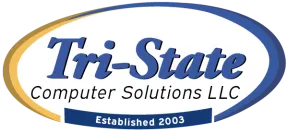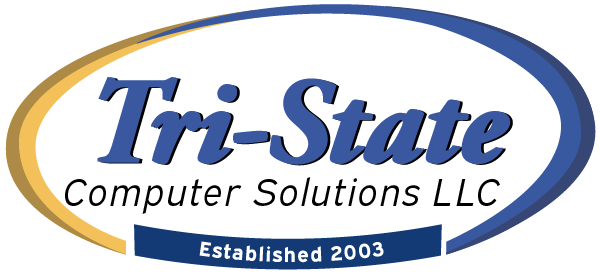August 25, 2025
The buzz around artificial intelligence (AI) is undeniable—and for excellent reasons. Cutting-edge tools like ChatGPT, Google Gemini, and Microsoft Copilot are transforming how businesses operate. From crafting content and managing customer inquiries to drafting emails, summarizing meetings, and assisting with coding or spreadsheets, AI is revolutionizing productivity.
AI can dramatically save time and enhance efficiency. However, like any powerful technology, improper use can expose your company to significant data security risks.
Even small businesses face these threats.
Understanding the Core Issue
The challenge isn’t AI itself—it’s how it’s being used. When employees input sensitive information into public AI platforms, that data might be stored, analyzed, or even used to train future AI models. This can unintentionally expose confidential or regulated information.
For example, in 2023, Samsung engineers accidentally leaked internal source code into ChatGPT, prompting the company to ban public AI tools entirely, as reported by Tom's Hardware.
Imagine this happening in your workplace—an employee pastes client financial records or medical details into ChatGPT to "get help summarizing," unaware of the risks. In moments, sensitive data could be compromised.
The Emerging Danger: Prompt Injection
Beyond accidental leaks, cybercriminals are exploiting a sophisticated attack known as prompt injection. They embed harmful commands within emails, transcripts, PDFs, or even YouTube captions. When AI systems process this content, they can be manipulated into revealing confidential data or performing unauthorized actions.
Simply put, the AI unknowingly assists the attacker.
Why Small Businesses Are Especially at Risk
Many small businesses lack oversight on AI usage. Employees often start using AI tools independently, with good intentions but without clear policies. They may treat these tools like advanced search engines, unaware that shared data can be permanently stored or accessed by others.
Additionally, few organizations have established guidelines or training to ensure safe AI practices.
Take Control: Four Essential Steps
You don’t need to eliminate AI from your operations, but you must manage it wisely.
Start with these four actions:
1. Develop a clear AI usage policy.
Specify which tools are authorized, identify data types that must never be shared, and designate contacts for questions.
2. Train your team.
Educate employees on the risks of public AI tools and explain threats like prompt injection.
3. Adopt secure AI platforms.
Encourage use of enterprise-grade solutions like Microsoft Copilot that offer enhanced data privacy and compliance controls.
4. Monitor AI activity.
Keep track of AI tools in use and consider restricting access to public AI platforms on company devices if necessary.
Final Thoughts
AI is an indispensable part of modern business. Companies that embrace it safely will gain a competitive edge, while those that ignore the risks could face data breaches, regulatory penalties, or worse. A few careless keystrokes can put your entire business at risk.
Let's discuss how to safeguard your company’s AI usage. We’ll help you craft a robust, secure AI policy and protect your data without hindering productivity. Call us at 973-439-0306 or click here to schedule your 10-Minute Discovery Call today.





